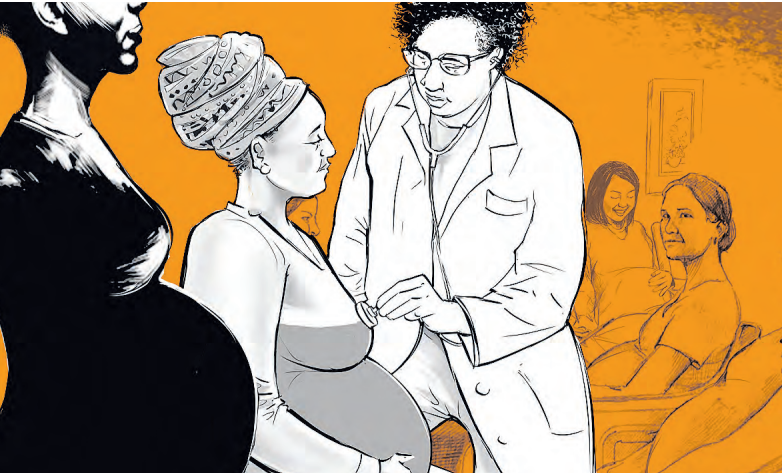
THE birth of a child should be a joyous occasion, yet for many women across Africa, it remains a time of uncertainty and great risk. According to the World Health Organization, sub-Saharan Africa alone accounts for nearly 70 per cent of global maternal deaths, with Kenya ranking as one of the top five countries with the highest deaths.
However, for every woman who dies, many more suffer severe complications that affect their health, livelihoods and families.
In spite of progress made in reducing maternal and newborn mortality over the past two decades, too many lives continue to be lost to preventable causes.
Many of these deaths are owing to complications that arise during pregnancy and are exacerbated during and in the immediate period following childbirth.
In Kenya, maternal mortality remains high at approximately 342 deaths per 100,000 live births, with newborn deaths making up 35 per cent of all under-five deaths.
These statistics underscore a critical truth: the current status quo cannot remain and a lot more needs to be done.
Improving maternal and newborn health is not just an ethical matter; studies show that poor maternal health has a knock-on effect on child health, the healthcare system as a whole, and great economic difficulty for their families.
It also negatively impacts national economies due to lost productivity and increased healthcare costs.
Most of the complications mothers face can be picked up and addressed during antenatal care clinic visits and delivery attended by skilled birth attendants at well-stocked healthcare facilities.
Mothers also require postnatal care and support to monitor progress and also in the interest of optimum maternal mental health, which though often overlooked, is essential to both mother and child. In contrast, every dollar invested in maternal health services yields significant returns.
Countries prioritising maternal health often have reduced healthcare expenditure in the long term and enhanced human capital development.
Investing in maternal and newborn health also has intergenerational benefits, which, if sustained, create healthier communities and a more productive citizenry.
Inadequate access to quality maternal healthcare services, a shortage of trained health professionals, and weak health systems contribute to the high number of maternal and newborn deaths.
For women living in informal settlements or remote areas, access to essential maternity services remains a significant challenge due to government prioritisation, financial constraints, distance to health facilities, and cultural limitations.
Governments must address these gaps through targeted policies and interventions, all of which require increased healthcare funding.
As we count down towards the deadline of the Sustainable Development Goals, expanding national health coverage to include comprehensive maternal and newborn care is essential.
Programmes such as Kenya’s Linda Mama initiative, which provided free maternal healthcare services, are a step in the right direction, even as they require intensive investment.
However, at a time when foreign support for health services, including maternal care, is substantially reduced, it is time for African governments to look inward and translate commitments into action by making maternal and newborn health a top priority and intensifying domestic investments.
Beyond physical health, maternal well-being encompasses mental and emotional support. Many young mothers, particularly those in underserved communities, struggle with postnatal depression, yet mental health services remain scarce.
Studies, including research from the African Population and Health Research Center, highlight the urgent need for integrated maternal health programmes that incorporate mental health.
Governments should invest in community-based programmes that provide psychological support, parental education, and social networks for mothers.
While the onus is majorly on the government to ensure that no mother or newborn dies from preventable causes, it requires a collective effort.
Researcher on maternal, newborn and child health











